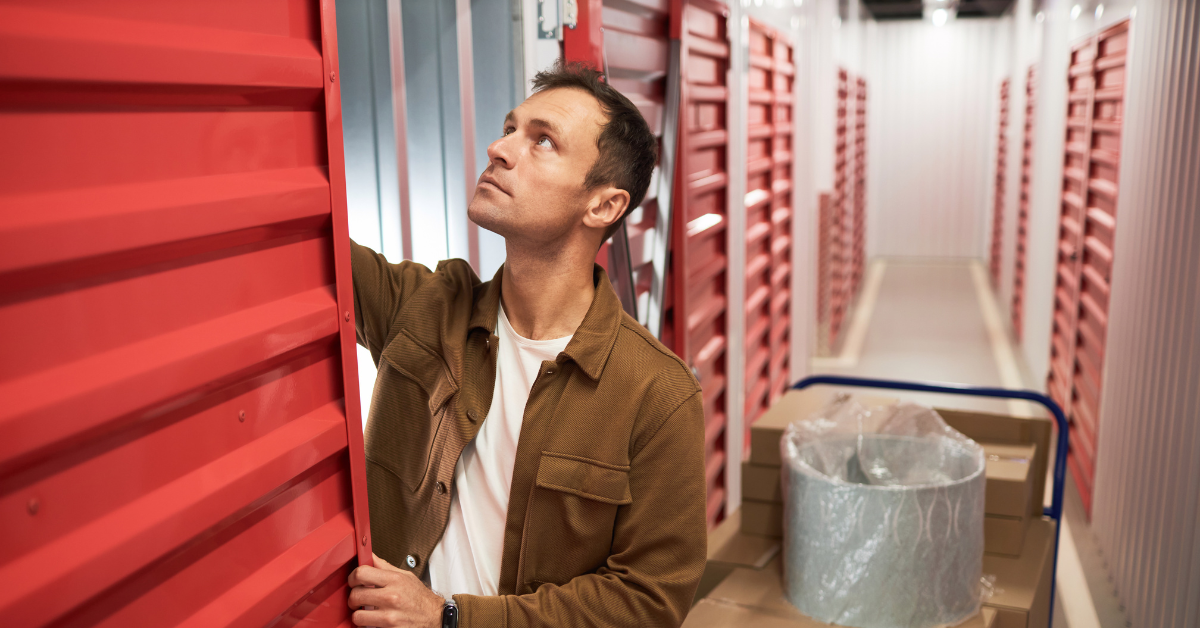In the dynamic landscape of modern business, efficient storage solutions play a crucial role in fostering productivity, organization, and overall success. Renting a storage unit isn’t just a practical choice; it’s a strategic move that can benefit businesses in numerous ways.
Streamlined Operations
Businesses accumulate a variety of items, from excess inventory and seasonal decorations to documents and equipment. Renting a storage unit provides a dedicated space to store these items, decluttering the workspace and creating an organized environment. This streamlining of operations enhances efficiency and promotes a more productive workplace.
Cost-Effective Expansion
As businesses grow, so does the need for additional space. Instead of committing to expensive office or warehouse expansions, renting a storage unit offers a cost-effective alternative. This allows businesses to scale their storage space according to their needs without the long-term financial commitment associated with larger premises.
Seasonal Inventory Management
Many businesses experience fluctuations in inventory demands throughout the year. Renting a storage unit provides a flexible solution for managing seasonal inventory, ensuring that the right products are readily available when needed. This prevents overcrowded shelves and promotes a more organized inventory management system.
Document Archiving and Security
Businesses generate a significant volume of documents, ranging from important contracts to historical records. Renting a storage unit offers a secure and organized space for document archiving. With climate-controlled options, businesses can ensure the preservation of sensitive documents, protecting them from deterioration over time.
Flexibility and Convenience
Storage unit rentals offer businesses the flexibility to adapt to changing needs. Whether it’s a temporary solution during an office renovation or a long-term storage plan, businesses can adjust their storage requirements without the constraints of fixed leases. This flexibility translates to convenience, allowing businesses to focus on their core operations.
Economical Asset Management
For businesses with equipment, tools, or furniture that are not in constant use, a storage unit provides a cost-efficient solution for asset management. Instead of cluttering valuable workspace with underutilized items, businesses can store these assets securely and access them as needed.
Renting a storage unit is more than just securing a physical space; it’s a strategic decision that can significantly impact a business’s efficiency, cost-effectiveness, and overall success. From decluttering workspaces to providing a flexible and secure storage solution, businesses that leverage storage units gain a competitive edge in today’s fast-paced business environment.



